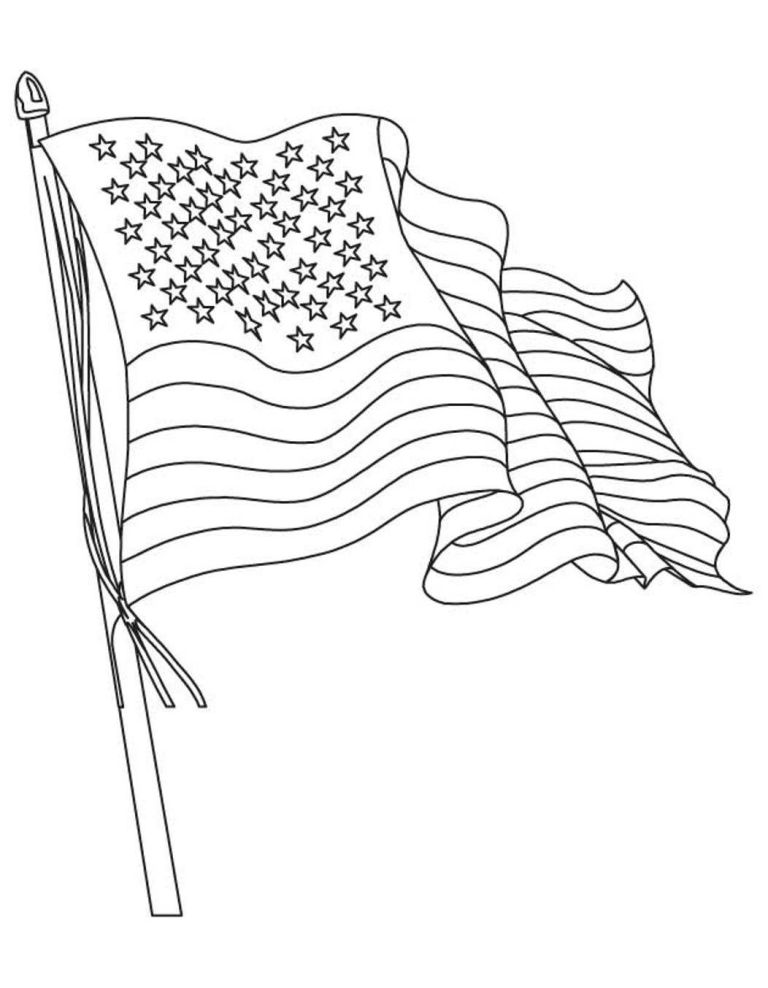DEAR SEAN:
How do I get a girl to like me? I am a 7th-grader who goes to (blank) Middle School and I really want her to think I am cool even though I’m not one of the cool kids… I am a little chunky, but I’m really nice.
Please write me back with advice,
UNCOOL-IN-THE-7TH-GRADE
DEAR UNCOOL:
Let’s take a look at “coolness.” First, when I was your age, coolness was dependent upon a surprisingly short list of criteria.
1. Did the child in question own, or have sufficient access to, and was thereby able to use at will, without administrative or parental restriction, a Sony Walkman radio?
Secondly: Did this kid wear dorky khaki pants?
It was that easy.
The problem for me was, of course, my mother believed in the Gospel According to Khakis. She ironed my slacks with so much starch the creases could slice cantaloupes.
Thus, while other kids wore blue jeans, I wore khakis that had been—and this is very hard for me to say—purchased from Sears.
AND…
These were not just pants.
They were “Husky” pants. You might not know what that is. They were pants designed for boys who loved church potlucks. I looked like a khaki-colored Butterball ham.
So anyway, there was this girl. Her name was—never mind, it doesn’t matter. I thought she was wonderful. She was one of the “cool” kids. I wanted her to notice me.
More importantly, I wanted her to notice me AT THE ROLLER RINK.
Now, I know what a kid from your generation might be thinking: “What’s a roller rink?” I’m glad you asked. Because long ago, after the dawn of the electric lightbulb, we had big buildings that were dimly lit and smelled like body odor. We would skate for hours to such unforgettable hits like: “Do the Hustle,” “Love Train,” and “Tico Tico.”
If you were worth your salt, you asked…










